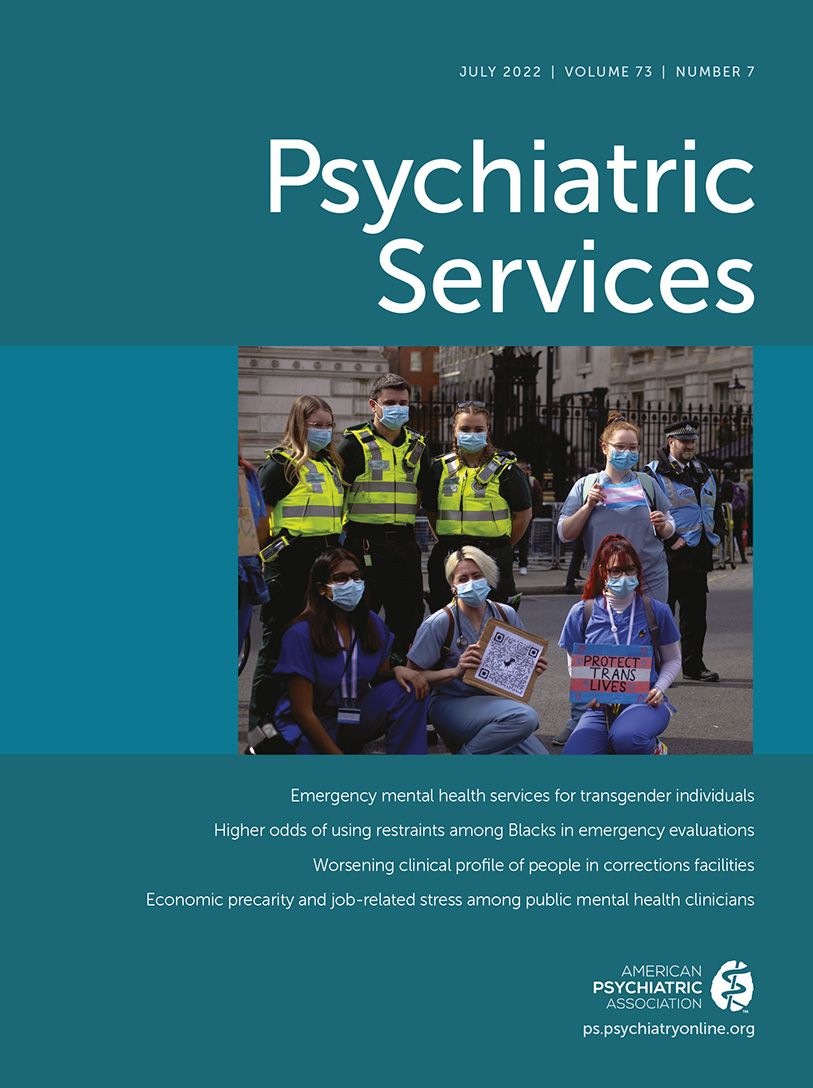Testing the Impact of a Peer-Delivered Family Support Program: A Randomized Clinical Effectiveness Trial
Abstract
Objective:
The effectiveness of NAMI Basics, a peer-led family support program for caregivers of children with mental health concerns, was tested in a sample of caregivers referred to five National Alliance on Mental Illness (NAMI) affiliates in a large southwestern state.
Method:
Caregivers of children with mental health concerns (N=111; 69% biological mothers, 45% Hispanic/Latinx, 33% Caucasian, and 12% African American) were randomly assigned to a six-class NAMI Basics course led by peer parents or an 8-week waitlist condition. At baseline and 8 weeks after the course began, all caregivers completed measures assessing services engagement and activation, attitudes toward mental health services, parenting stress, and youth symptoms. Data were analyzed by using linear regression.
Results:
Compared with caregivers in the waitlist condition, NAMI Basics participants reported significant increases in parent engagement and activation, as well as intentions to engage with mental health services. NAMI Basics participants also reported significant decreases in their child’s intrapersonal and interpersonal distress, compared with those in the waitlist group. No significant differences were noted on measures of parenting stress, attitudes toward mental health services, or stigma.
Conclusions:
NAMI Basics affected caregiver outcomes and youth symptoms, as measured by caregiver report, compared with a waitlist control group. Peer-led services, such as NAMI Basics, may increase engagement with effective mental health services for youths and families.



